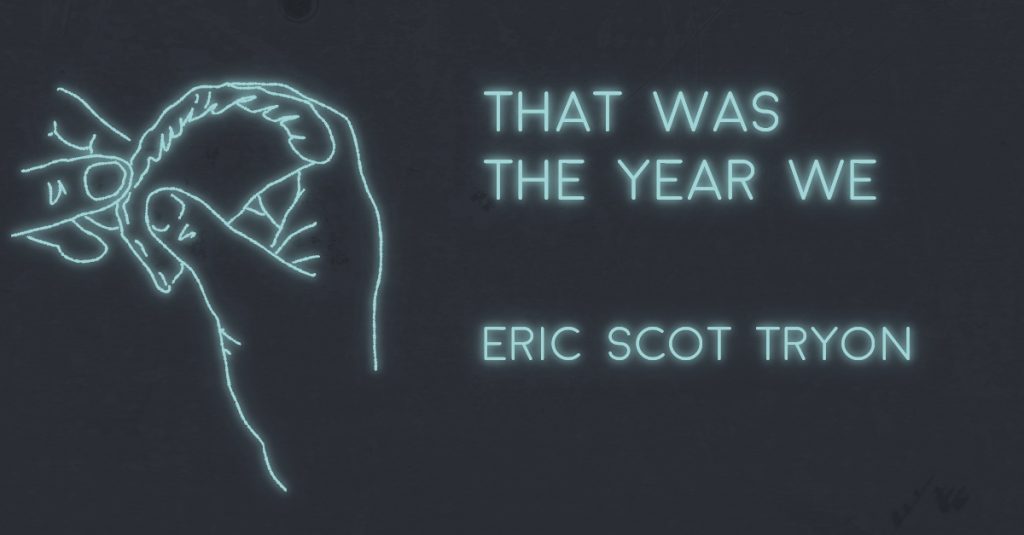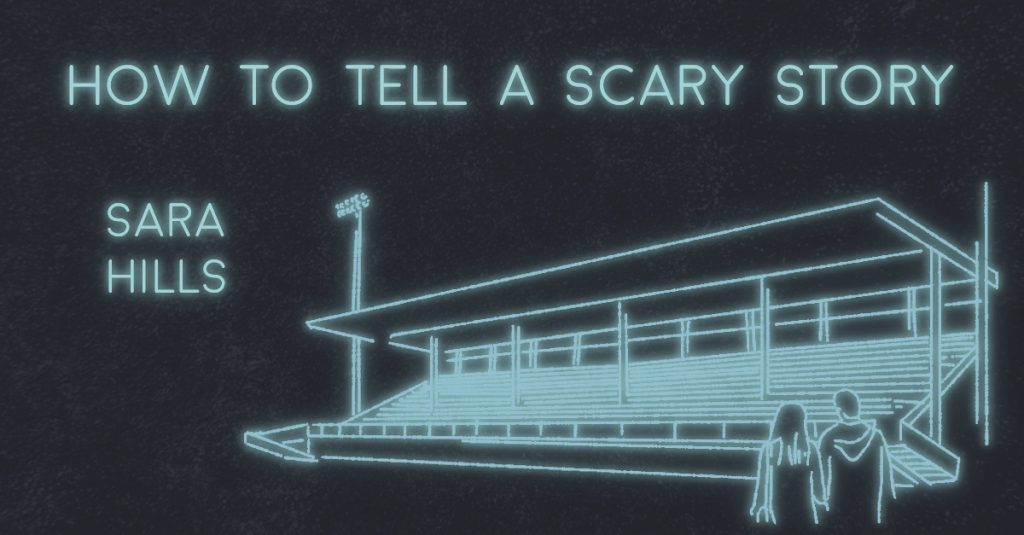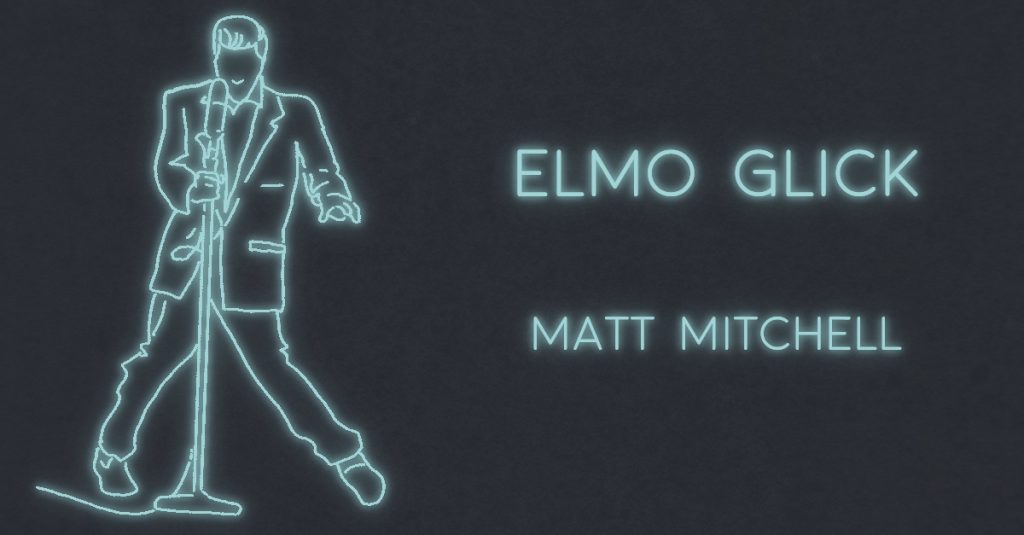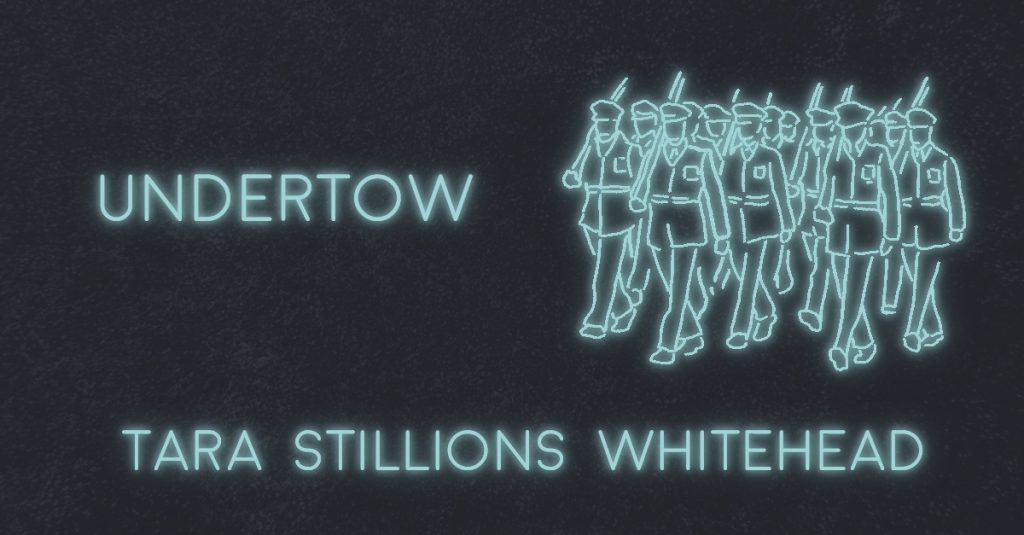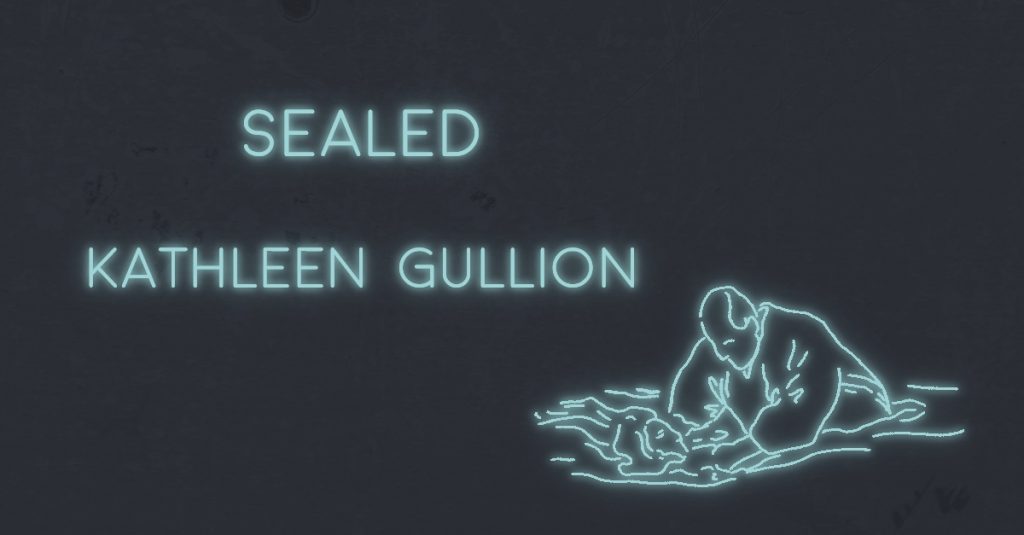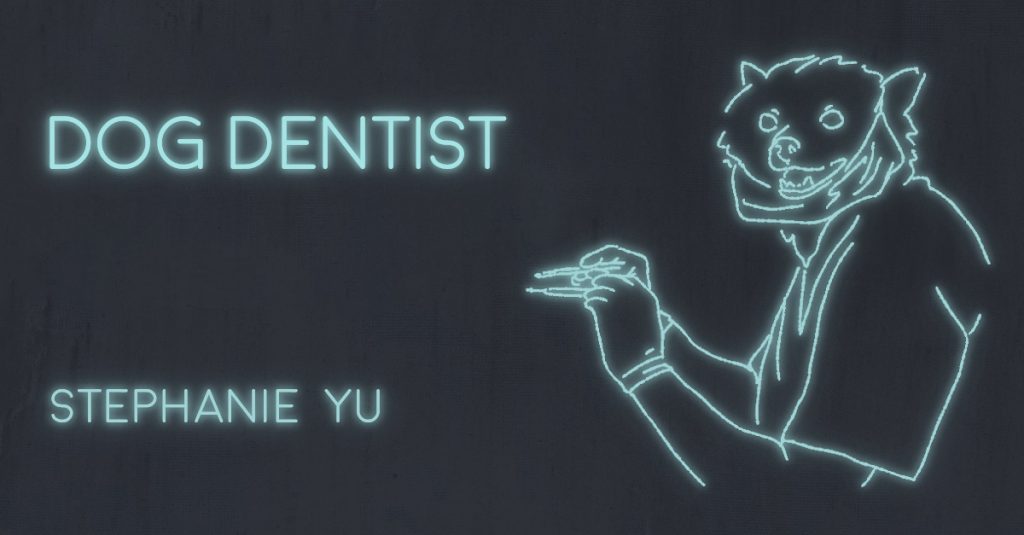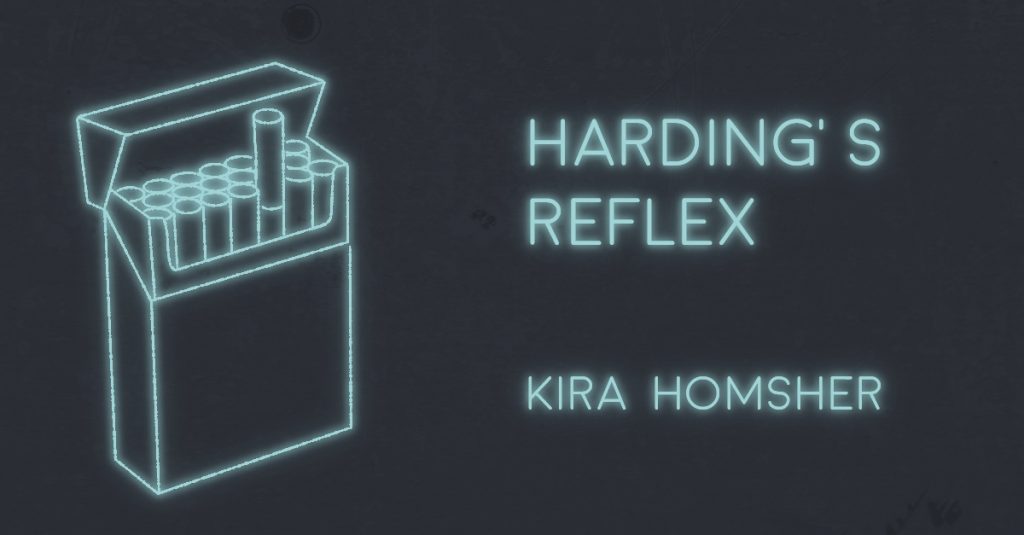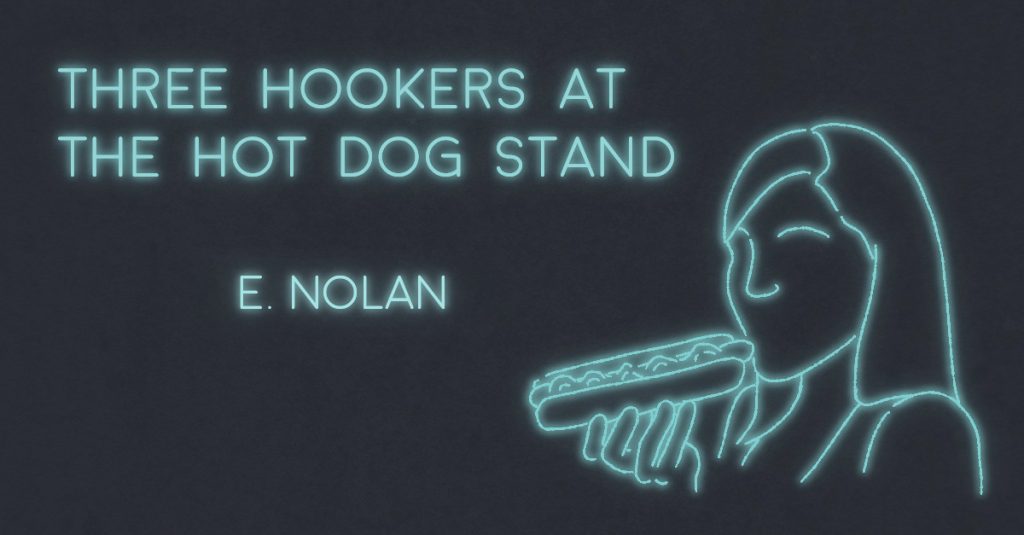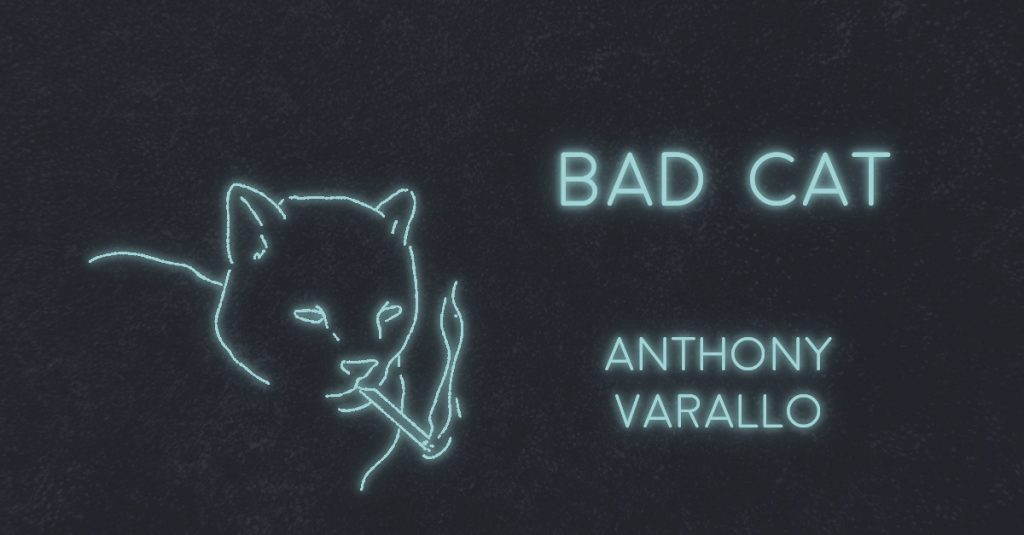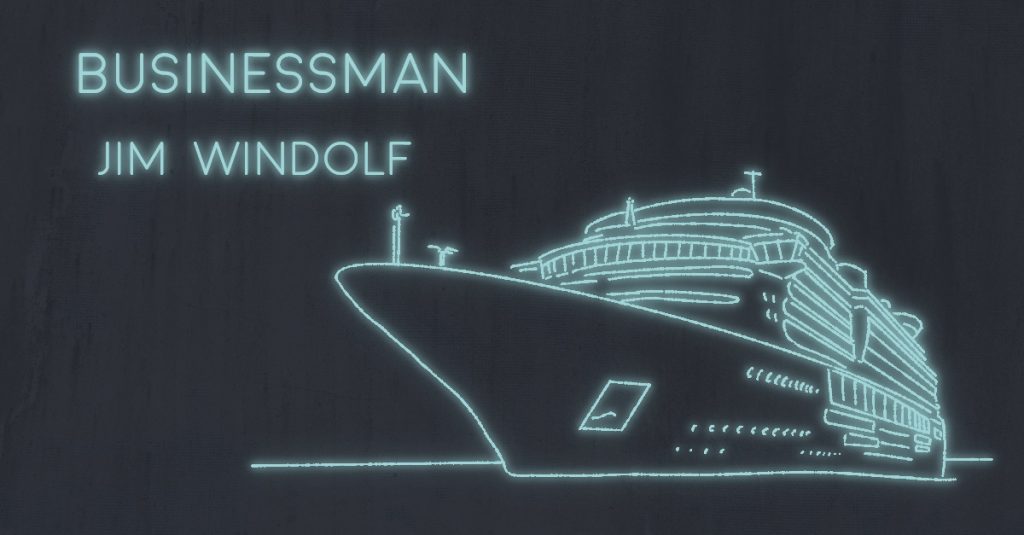
BUSINESSMAN by Jim Windolf
My father told me, when I was fourteen, that business was a language anyone could learn. I never got fluent. So there I stood, a thirty-six-year-old man with not much in the bank, at the side of a hole in the ground as they lowered the coffin that contained his body. He had run a small empire in our New Jersey town. His main business was an insurance agency. There was also a travel bureau, a movie theater, and a restaurant. Of all his businesses, I probably liked the travel bureau best. He took me there now and then on…

